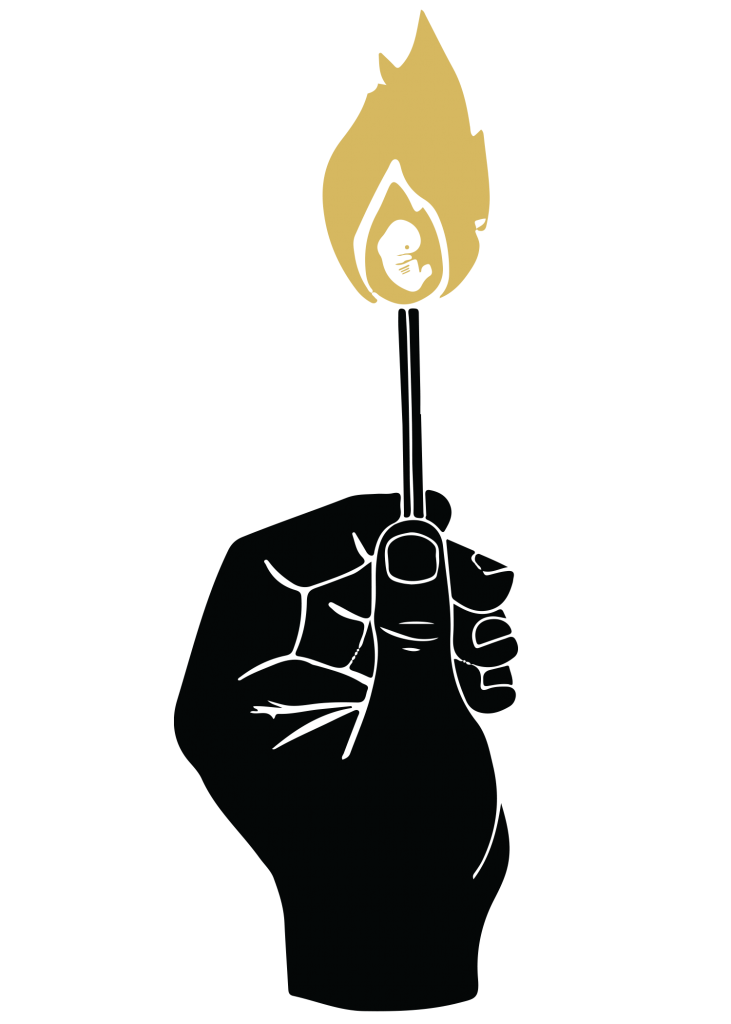It’s been an incredibly noisy year. We have been inundated by tragedy after tragedy, felt anger and frustration boil over onto the streets in response to injustices—all with the chaos of a global pandemic. It seems as though everyone has pledged allegiance and started campaigning for certain causes, political parties, and ideologies, made more piercing with the recent election.
Even in, or should I say especially in, Christian spaces, it is troubling to navigate the loud voices of various camps.
There is a need to be heard and to be right.
I’ve been reflecting on Zechariah’s story, which begins with its own “noises.” As the “chosen” priest, he is expected to bring the people a word from the Lord, while dealing with the pain and—most likely—shame of not having a child. But there is something refreshing about Zechariah’s interaction with Gabriel the angel. Though esteemed as blameless and “righteous before God,” Zechariah has a moment of doubt and questions Gabriel. Even with the title, the authority, and an audience, he does not put on an act or pretend he knows all the answers. Instead, through his question to the angel, Zechariah confesses his weakness, exposing his humanity.
We usually talk about Zechariah’s silence in terms of punishment—and it is (nine months is a long time—trust me, I know)! But could it also be an appropriate response when we are at our most human: doubtful that God’s promises are true, angry at the current situation, or unable to love certain people? What does it mean to be silent before God? In his sermon, Pastor TJ points us to Proverbs 3:5-6:
“Trust in the Lord with all your heart and lean not on your own understanding; in all your ways submit to him, and He will make your paths straight.”

We quote this passage often—how many proverbs come to mind before this one? Yet I find it extraordinarily difficult to put into practice. In a society where the voices of so many are dismissed, and we, ourselves, may have been silenced before, I know it is imperative to cry out against the evils of injustice.
But choosing to respond first with silence before the Lord does not equate to apathy. It allows us time to listen at the feet of Jesus, and allows the Holy Spirit to transform our hearts. Pastor TJ says, “It’s a surrender of our own will and one of the most important lessons that we will learn as a Christian, to be like Christ who prayed: ‘And yet not my will, but yours be done.’”
Sometimes, God can use our silence.
God chose to mute the one man to deliver his message, creating a deafening pause among the entire community. For nine months, people were as expectant for a move of God as Elizabeth was pregnant. The story crescendos into the most beautiful climax with God setting the stage for the baby who would herald the coming of His only begotten son, and Zechariah, full of joy and bursting with praise.
In which areas of your life do you need to relinquish control? Maybe it’s refraining from asserting opinions or agendas; maybe it’s ceasing to manage how others perceive you; or maybe you’re relying too heavily on your own understanding. What would it look like to begin 2021 in silence? Let us, as the People of God, be the first to confess our weaknesses to God and each other, rather than add to the noise. Let us wait before God in anticipation of downloading His heart. On the other side of our silence, let us find ourselves like Zechariah, confidently trusting in the Lord with praises overflowing from our lips.
Spend five minutes in complete silence. What epiphanies, revelations, understandings bubble up to the surface as your thoughts quiet themselves?
What things are troubling you? What is occupying residency in your mind and heart, for the worse? Write those things down; once they’ve all been written down, pray intentionally and audibly: “And yet not my will, but yours be done.”
Leslie MacDougall leads EKKO’s Intercessory Team with her husband, Kevin, as well as West LA 01 Ekklesia. They recently welcomed their first child, Wyatt, into the world. Leslie is currently enrolled at Portland Seminary for her Master of Divinity.
The artwork used today was from Scott The Painter. Used with permission.
